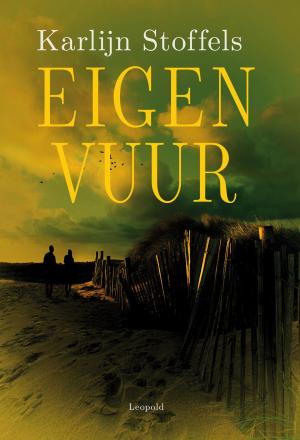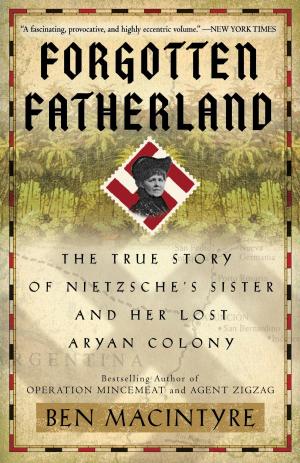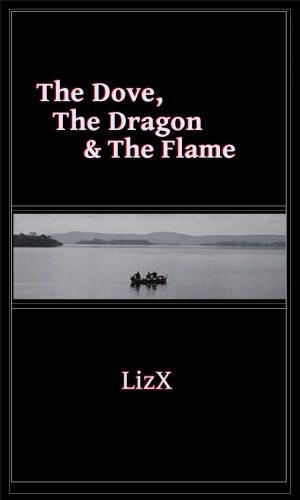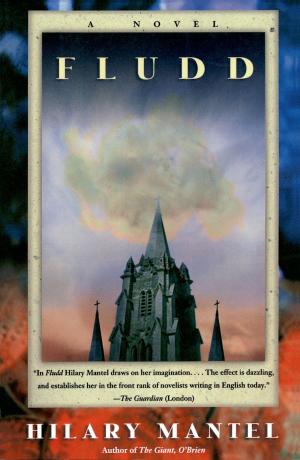| Author: | Hugh Aaron | ISBN: | 9781622490639 |
| Publisher: | The Educational Publisher/Biblio Publishing | Publication: | March 13, 2013 |
| Imprint: | Smashwords Edition | Language: | English |
| Author: | Hugh Aaron |
| ISBN: | 9781622490639 |
| Publisher: | The Educational Publisher/Biblio Publishing |
| Publication: | March 13, 2013 |
| Imprint: | Smashwords Edition |
| Language: | English |
Hugh Aaron's short story collection It's All Chaos represents dynamite tales on a short fuse, hot bursts of epiphany in the ever expanding growth of human pain, searing journeys from innocence to experience, underscoring the troubled spirit lurking beneath the face that faces the world.
In these riveting stories of stark prose and lacerating dialogue, weddings are preludes to disaster, hopes are blasted, achievements blunted, success thwarted, marital bliss is an oxymoron. Though not the mills of God, they still grind exceedingly fine. Holding things dear in this life is like squeezing water.
Most of these stories, with their initial expectant awakening, conclude in revelations of irreversible misfortune. Dostoyevskian bleak, the characters, though not hopeless, lack hope; though far from helpless, need help. "Curst be he who puts his faith in man", says the Bible, but one character states characteristically, "We matter to each other. Nothing else in the whole universe gives a damn." There are no spiritual frames of reference, and few, if any, resolutions. Suicide releases some; nihilism relieves others. They deplore life as they cling to it. If it is true, as Aaron states, that "suffering brings wisdom", it is the wisdom of time, not of eternity. Since the face of God is missing from our lives, they are held hostage to life's changes and tribulations, unable to embrace its essence. Thus, a dream sequence perterbs a character's "sawdust soul."
Aaron often exposes the naked heart, agonizing as it blinks and shrivels in the cold, blinding winter sun of its humiliation. There is the heartbreaking and unforgettable portrait of a former nun who loses her innocence, then loses God, and finally loses herself, an earth-mother figure torn up by the roots.
There are poignant moments, too, where in "This Land is Mine," a young boy learns a valuable lesson from a perspicacious old man, and in "Sailing Free," the sea represents its timeless symbol of unbounded freedom to a troubled soul.
Aaron's authentic vision of the post WWII's sterile era sparkles. To paraphrase Orson Welles's tribute to James Cagney's screen performance: Nothing in Aaron's fiction is real, but everything is true.
Ramon de Rosas, Reviewer for Maine In Print
Hugh Aaron's short story collection It's All Chaos represents dynamite tales on a short fuse, hot bursts of epiphany in the ever expanding growth of human pain, searing journeys from innocence to experience, underscoring the troubled spirit lurking beneath the face that faces the world.
In these riveting stories of stark prose and lacerating dialogue, weddings are preludes to disaster, hopes are blasted, achievements blunted, success thwarted, marital bliss is an oxymoron. Though not the mills of God, they still grind exceedingly fine. Holding things dear in this life is like squeezing water.
Most of these stories, with their initial expectant awakening, conclude in revelations of irreversible misfortune. Dostoyevskian bleak, the characters, though not hopeless, lack hope; though far from helpless, need help. "Curst be he who puts his faith in man", says the Bible, but one character states characteristically, "We matter to each other. Nothing else in the whole universe gives a damn." There are no spiritual frames of reference, and few, if any, resolutions. Suicide releases some; nihilism relieves others. They deplore life as they cling to it. If it is true, as Aaron states, that "suffering brings wisdom", it is the wisdom of time, not of eternity. Since the face of God is missing from our lives, they are held hostage to life's changes and tribulations, unable to embrace its essence. Thus, a dream sequence perterbs a character's "sawdust soul."
Aaron often exposes the naked heart, agonizing as it blinks and shrivels in the cold, blinding winter sun of its humiliation. There is the heartbreaking and unforgettable portrait of a former nun who loses her innocence, then loses God, and finally loses herself, an earth-mother figure torn up by the roots.
There are poignant moments, too, where in "This Land is Mine," a young boy learns a valuable lesson from a perspicacious old man, and in "Sailing Free," the sea represents its timeless symbol of unbounded freedom to a troubled soul.
Aaron's authentic vision of the post WWII's sterile era sparkles. To paraphrase Orson Welles's tribute to James Cagney's screen performance: Nothing in Aaron's fiction is real, but everything is true.
Ramon de Rosas, Reviewer for Maine In Print















